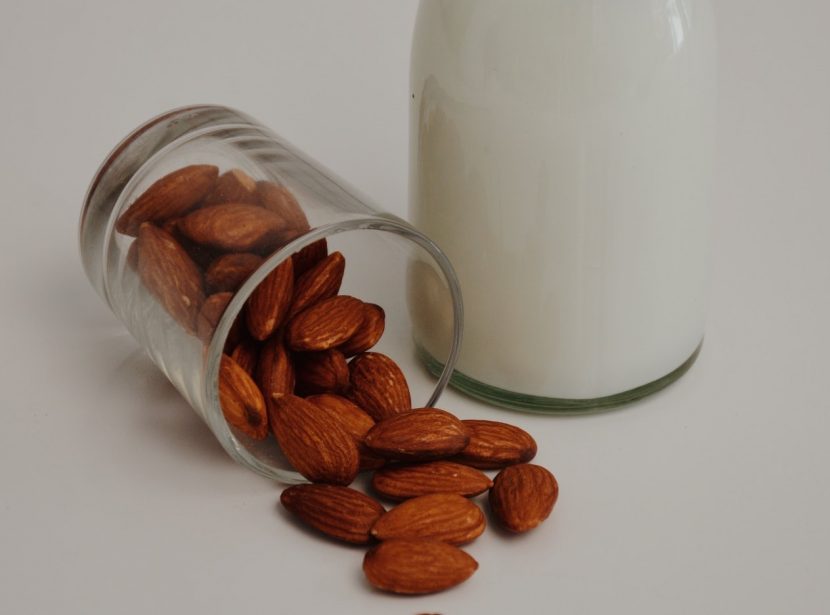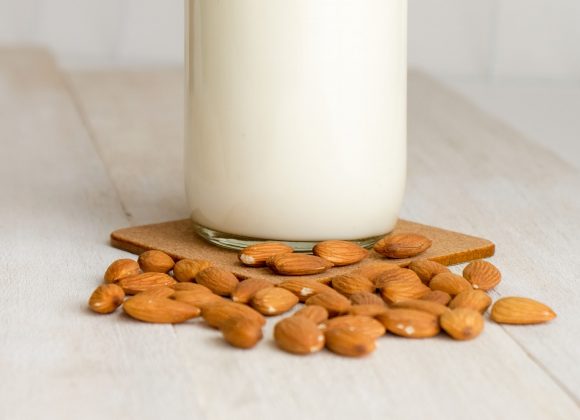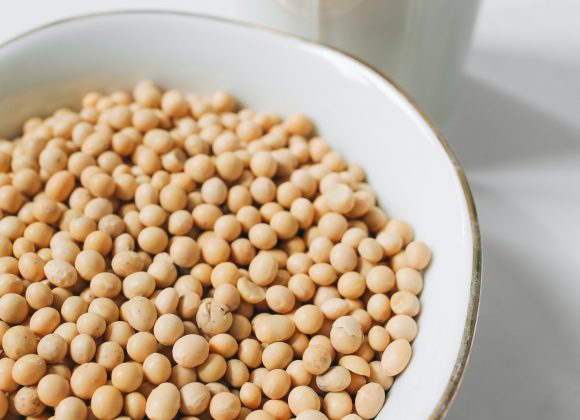You might have realised that recently, plant – based milk alternatives are becoming more and more popular. This is mainly caused by the increasing number of people who are taking up veganism for both ethical and health reasons. One of the healthiest and tastiest non – dairy milk out there is almond milk. But what advantages does almond milk provide for your body? Keep on reading as we will discuss the numerous health benefits of almond milk.

What Is Almond Milk?
Almond milk mainly consists of ground almonds and water, but other ingredients may be present in store – bought products depending on the brand. Some common additives include sugar, preservatives, artificial flavouring, and thickeners.
You can also make almond milk at home for a healthier composition. Simply blend crushed almonds with water using a blender, before then straining the mixture to create a smooth liquid.
Since it is dairy – free, almond milk is perfect for those suffering from lactose intolerance or dairy allergies. However, we recommend you avoid them if you are allergic to nuts.
Health Benefits Of Almond Milk
Low Phosphorus And Moderate Potassium Content
When consumed in the proper amounts, both phosphorus and potassium are beneficial to your health. However, high potassium and phosphorus intake can lead to serious problems.
A high blood potassium level may increase your risk of heart attacks and cause irregular heart rhythm. As for phosphorus, having too much of it in your body may lead to bone diseases, heart disease, and hyperparathyroidism.
The average dairy milk has a high 150 mg potassium and 101 mg phosphorus level in every 100 gr serving, while the same amount of almond milk has only 60 mg of potassium and 30 mg of phosphorus. This is why many experts suggest switching over to almond milk, especially for those with kidney problems who cannot efficiently break down phosphorus and potassium.
Rich In Vitamin E
Almond milk has a very high vitamin E content, with a 100 gram serving enough to fulfil 22% of your recommended daily vitamin E intake amount. But why is vitamin E such a big deal?
Vitamin E is an antioxidant, which means it helps reduce the amount of stress and free radical cells in your body. These cells are responsible for increasing your likelihood of developing bone diseases, eye problems, cancer, heart diseases, and many others like them. Thus, consuming vitamin E daily can help reduce your risk of suffering from these ailments
Helps You Lose Weight
Vegan dairy alternatives often contain fewer calories compared to traditional cow milk. This lower energy intake means that it will be easier for you to both manage and lose weight. Just make sure to avoid the sweetened almond milk options in grocery stores!
Downsides Of Almond Milk
Despite its countless benefits, almond milk also comes with a few potential downsides.
One of the main negatives of almond milk is its low protein content. In fact, cow milk and soy milk have up to 8 times more protein than almond milk. Since protein is an essential substance for many bodily functions, you cannot rely on almond milk for your daily protein intake.
Another downside of almonds is that it is unsuitable for infants. Both almond milk, as well as traditional cow milk, inhibit the iron absorption abilities of infants (4 to 6 months old). This is why doctors highly recommend feeding your baby either breast milk or formula.
The last concern relating to almond milk is the amount of additives found in store – bought products. This includes unhealthy ingredients like preservatives and sugar. The best way to avoid this issue is by making your own almond milk at home.
How To Add Almond Milk To Your Diet
The simplest way to enjoy almond milk is to simply drink it. But almond milk is one of the most flexible drinks out there, so you have several ways to incorporate it into your daily meals. You can use almond milk:
- As creamer for your daily espresso (it perfectly goes with both Robusta and Arabica coffee)
- As a flavour enhancer for tea
- To improve the texture of your hot chocolate
- As the milk base for cereal and oats
- For making ice cream and yoghurt
- As a base for your smoothies
- For baking desserts like cakes and muffins





